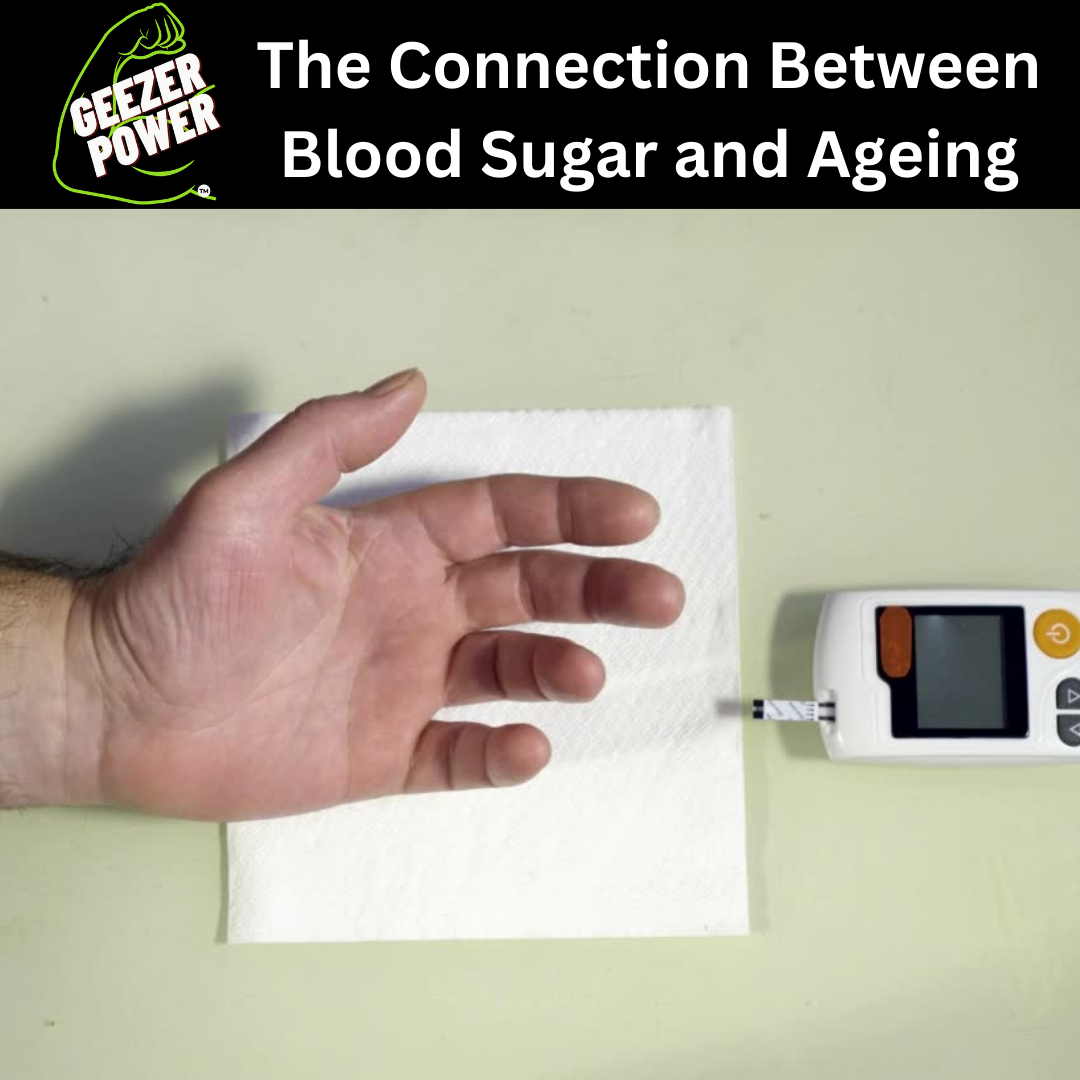
The Connection Between Blood Sugar and Ageing
Navigating the Golden Years: Unraveling the Connection Between Blood Sugar and Ageing
In the twilight of life, amidst the whispers of time, our bodies undergo a symphony of changes, each note echoing the passage of years. Amongst these melodies, blood sugar emerges as a silent maestro, influencing not just our physical health but also our journey through ageing. As we embark on this exploration, we uncover the intertwined tale of blood sugar and old age, a narrative steeped in science, emotion, and the quest for vitality.
At the heart of this story lies the intricate dance of blood sugar and weight control. Picture it as a delicate balance, with glucose serving as both fuel and foe. In our youth, our bodies effortlessly maintain this equilibrium, but as we age, the scales tip, ushering in a host of challenges. High blood sugar becomes a frequent visitor, fueled by factors such as sedentary lifestyles, poor dietary choices, and hormonal changes.
But how does this journey begin? High blood sugar often traces its origins to insulin resistance, a condition where cells become less responsive to insulin’s signals, leading to elevated glucose levels. Ageing further exacerbates this phenomenon, as our bodies become less efficient at processing glucose and regulating insulin. It’s a gradual process, insidious in its onset yet profound in its impact.
Now, let’s delve deeper into the connection between blood sugar and ageing. Research has revealed a complex interplay, with high blood sugar contributing to a myriad of age-related conditions, from cognitive decline to cardiovascular disease. In turn, ageing itself can exacerbate insulin resistance, creating a vicious cycle of metabolic dysfunction.
But amidst these challenges, there lies a glimmer of hope. By embracing preventive actions, individuals can reclaim agency over their health and well-being. Regular exercise, balanced nutrition, and stress management all play pivotal roles in maintaining stable blood sugar levels and promoting longevity. Moreover, monitoring blood sugar levels and seeking medical guidance when needed are essential steps in managing the complexities of ageing.
Yet, the benefits of preventive action extend far beyond just physical health. By nurturing the body and mind, individuals can unlock a higher quality of life, characterized by vitality, resilience, and purpose. Improved energy levels, enhanced cognitive function, and a greater sense of well-being are just some of the rewards awaiting those who prioritize their health in their golden years.
However, it’s essential to acknowledge the potential complications that may arise from coexisting conditions such as arthritis and high blood sugar. From increased risk of falls to delayed wound healing, vigilance is paramount in managing these dual challenges effectively. Regular monitoring, timely intervention, and a multidisciplinary approach to care can mitigate these risks, ensuring a smoother journey through ageing.
In conclusion, the tale of blood sugar and old age is one of resilience, adaptation, and the indomitable spirit of the human experience. By understanding the interconnectedness of these factors and embracing preventive measures, individuals can navigate the challenges of ageing with grace and vitality. With each passing year, they embark on a journey of self-discovery, finding strength in adversity and hope in the promise of tomorrow.